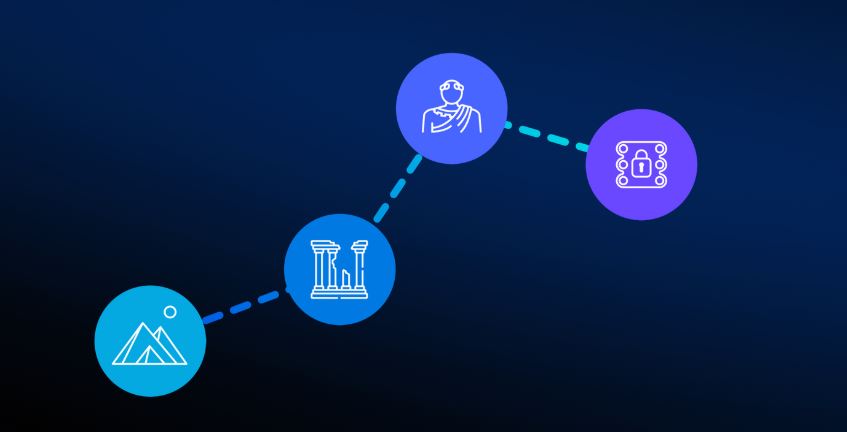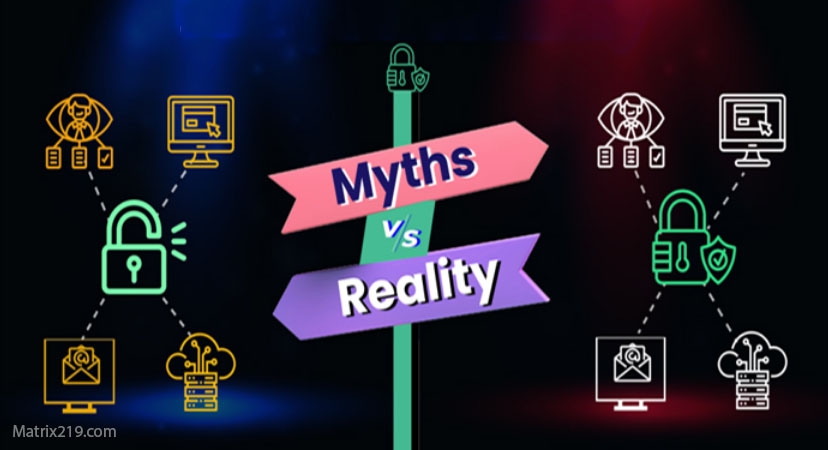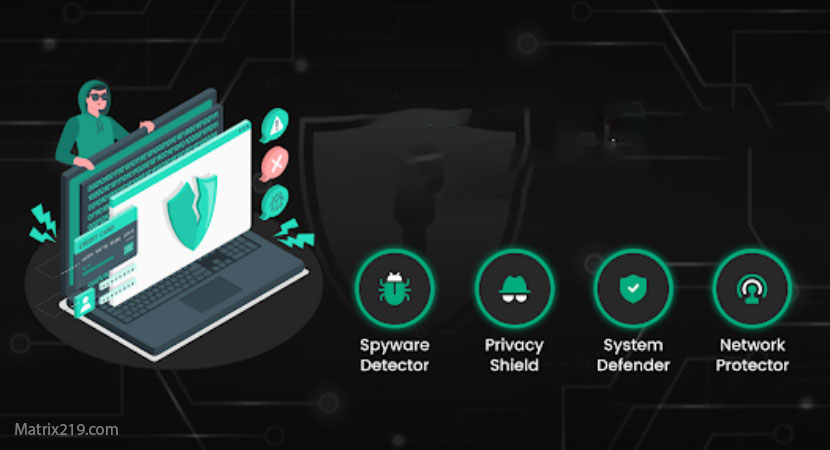Modern Encryption Techniques
In today’s digital world, protecting data has become more crucial than ever due to rising cyber threats. Modern encryption techniques play a key role in ensuring data confidentiality and security. This article explores the latest encryption methods and their applications in securing sensitive information.
1. Importance of Encryption in Data Protection
Encryption is the process of converting data into an unreadable format, accessible only by authorized parties. It helps in:
- Privacy Protection: Ensuring sensitive information remains confidential.
- Unauthorized Access Prevention: Securing data from breaches.
- Data Integrity: Preventing data tampering during transmission or storage.
2. Modern Encryption Techniques
Various encryption methods contribute to robust data protection:
Symmetric Encryption
Uses a single key for both encryption and decryption.
- Examples: AES (Advanced Encryption Standard), DES (Data Encryption Standard).
- Pros: Fast performance, easy implementation.
- Cons: Secure key distribution is challenging.
Asymmetric Encryption
Uses a public key for encryption and a private key for decryption.
- Examples: RSA (Rivest–Shamir–Adleman), ECC (Elliptic Curve Cryptography).
- Pros: Higher security than symmetric encryption.
- Cons: Slower performance compared to symmetric encryption.
Transport Layer Encryption
Protects data during transmission over networks.
- Examples: TLS (Transport Layer Security), SSL (Secure Sockets Layer).
- Pros: Prevents eavesdropping and man-in-the-middle attacks.
- Cons: Complex implementation, increased server load.
File-Level Encryption
Encrypts individual files for protection.
- Examples: PGP (Pretty Good Privacy), BitLocker.
- Pros: Secures files even if a device is lost or compromised.
- Cons: Requires strong password management.
3. Applications of Modern Encryption Techniques
Encryption is widely used across various industries:
- Cybersecurity: Protecting sensitive data from breaches.
- E-commerce: Securing financial transactions and customer information.
- Communications: Ensuring private conversations remain confidential.
Conclusion
Modern encryption techniques are essential for safeguarding sensitive data in today’s digital landscape. By adopting best practices and using the right encryption tools, businesses and individuals can enhance security and reduce cyber risks.
Source: Read the full article on Matrix219.Net





